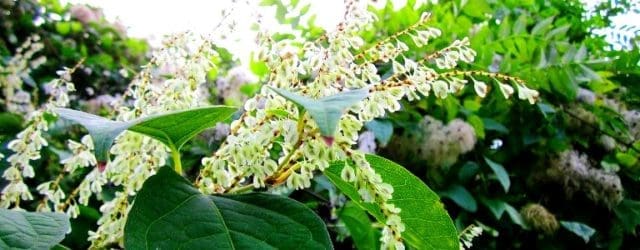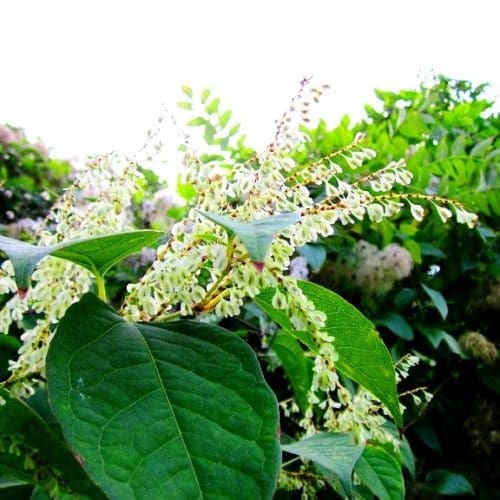Japanese Knotweed- A residual diminution in value?
February 2023The Court of Appeal (“CA”) recently handed down its judgment in the case of Davies v Bridgend County Borough Council [2023] EWCA Civ 80, where it was held that diminution in value was a recoverable loss in Japanese knotweed cases where a defendant had failed to notify the claimant about the presence of knotweed on their property, and that there was either encroachment on the claimant’s property, or this impacted the claimant’s quiet enjoyment of the land.
What is Japanese Knotweed?
Japanese knotweed is an invasive and destructive plant which is capable of causing extensive physical damage to buildings through the spread of rhizomes. It can be difficult and expensive to eradicate and therefore often leads to property owners seeking significant damages for diminution of value in respect of properties subject to Japanese knotweed.
Facts of the case
This case concerned a homeowner in South Wales who discovered Japanese knotweed on his property in 2017. It was found that this had spread from the defendant’s property. The defendant failed to take steps to remove the knotweed until 2018 despite the fact that it was aware of it from 2013 onwards.
It was accepted that the defendant had breached its duty owed in nuisance to the claimant between 2013 to 2018. However, the appeal concerned whether the defendant owed a continuing duty to the claimant with respect to the residual diminution in value of the claimant’s property.
Judgment
In the first instance decision, the district judge dismissed the claim, referring to the judgment in Network Rail Infrastructure Ltd v Williams and another [2018] EWCA Civ 1514, (“Williams”) and finding that damages for diminution in the value of the claimant’s property were irrecoverable as this was pure economic loss.
However the Court of Appeal, held that the Williams case had been misinterpreted by the district judge in the first instance decision and held that there was no actionable nuisance on the facts, simply because the value of the claimant’s property had been diminished.
The court decided that on the facts of this case, the value of the claimant’s land had been diminished and the quiet enjoyment of the claimant’s property had been affected given that there had been encroachment. As a result, consequential losses including diminution in value were recoverable.
A secondary issue in the appeal related to causation. The rhizomes had spread to the claimant’s property in 2004, and so the defendant argued that it made no difference that the defendant failed to treat the knotweed from 2013 to 2018. The CA found that the harm to the claimant’s quiet enjoyment persisted because the nuisance was continuing, and the harm had been caused by the defendant’s breach of duty. Causation was therefore established. Accordingly, it was determined that there was residual diminution in value of the claimant’s property and damages were awarded in respect of this head of claim.
Comment
Japanese knotweed has long been known to homeowners as a risk due to the substantial damage it can cause. This case is a stark reminder to defendants that failure to act and remove knotweed can lead to disastrous consequences and the decision in this case shows that defendants may be held liable for claims relating to pure economic loss in cases where there is found to be encroachment or interference with a claimant’s quiet enjoyment of the land.
However, it should be noted that this decision relates to a claim for residual diminution of value only. The defendant was not held liable for the cost of treatment because the claimant would always have had to pay for treatment even if the defendant had acted on the discovery of the knotweed in 2013.
Of course, in circumstances where the cost of treatment was higher as a result of the defendant’s breach (for example if the knotweed had spread further during this time), it is likely that this cost would be recoverable.
This case also gives rise to issues with respect to how long an expert would consider a property to be affected by knotweed once it has been entirely eradicated. If, for example, the claimant is not planning to sell the property during this time, it is arguable whether the claimant will suffer any actual loss and thus in such circumstances, a claim for diminution in value may not be recoverable.
For other articles we have issued relating to Japanese Knotweed claims please click on the link here.
Download PDF









